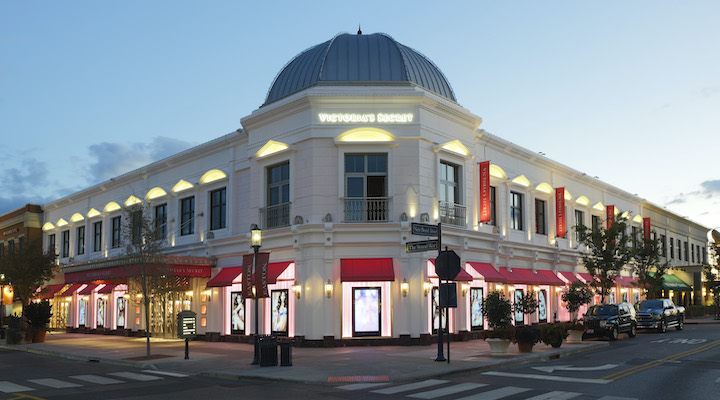Lingerie retailer Victoria’s Secret and Bath & Body Works are to be demerged into two separately listed companies after parent L Brands opted not to sell the struggling apparel business.
“Both Bath & Body Works and Victoria’s Secret are leaders in their respective markets and, as separate businesses, each will be ideally positioned to benefit from a sharpened focus on pursuing growth strategies best suited to each company’s customer base and strategic objectives,” said L Brands chair Sarah Nash.
The board has been mulling the sale or spin off of Victoria’s Secret for more than a year, a process which went into hiatus due to the Covid-19 pandemic. Talks were held with “multiple” potential buyers, the company said, in a process during which the company was advised by Goldman Sachs and JP Morgan.
Neil Saunders, MD at GlobalData, described the decision as “telling”, suggesting that L Brands was not able to secure a bid that it considered compelling.
“The divorce gives Victoria’s Secret no place to hide. Its numbers will no longer be flattered by the contribution of Bath & Body Works and its management team will be fully accountable to investors. Such accountability is no bad thing and will likely sharpen efforts to enact a genuine turnaround at the company.”
In preliminary first-quarter results revealed along with the restructure announcement, L Brands said it expects to record operating income of about US$570 million – $380 million from Bath & Body Works and $245 million from Victoria’s Secret.
Nash said the company had made “significant progress in the turnaround of the Victoria’s Secret business” during the past 10 months, implementing merchandise and marketing initiatives to drive top line growth, and cutting costs, “which together have dramatically increased profitability”.
Saunders was less bullish about the achievement saying there was “little evidence” on the surface to support claims the brand is on a pathway to recovery.
“Last year, sales fell by 29.7 per cent. Admittedly, this came against the backdrop of the pandemic, but the full-year performance was somewhat worse than that of the overall apparel market, and considerably worse than rivals like Aerie. This is not to say that no progress has been made at Victoria’s Secret; however, the impact on the business has been negligible.
“L Brands could be relying on the fact that as it enters its new fiscal year, growth rates will look very strong because they come up against soft comparatives from 2020,” he said. “However, this is a mathematical sleight of hand rather than a true indication of progress. Indeed, compared to 2019, sales will probably remain down.”
He said creating two separate public companies makes sense given the current bull market and the move would likely create value for shareholders over time.
“This is especially so for Bath & Body Works which, despite being the more successful of the two brands, is often overlooked and overshadowed by its less impressive sibling.”
Meanwhile, L Brands said CEO Andrew Meslow would continue to hold his position and take the helm of Bath & Body Works after the spin-off. Victoria’s Secret CEO Martin Waters, will continue to lead the new standalone business.
Meslow said he expected L Brands to deliver a record first-quarter earnings result, driven by an exceptional performance at Bath & Body Works and a “significant improvement” at Victoria’s Secret. Final results will be revealed on May 19.
L Brands operates 2681 company-operated specialty stores in the US, Canada and greater China, has a further 700 franchised locations worldwide and sells online.







